

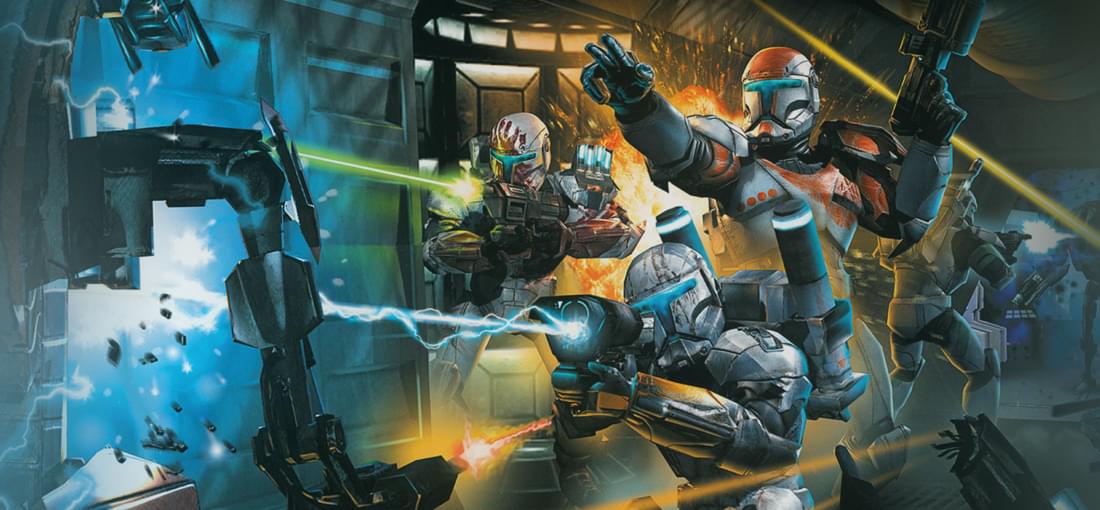
Republic Commando is a basic tactical shooter. You control a four man squad, give them basic commands like defending a position or set up sniper positions on locations designated by the game itself. Basic, but functional. The basic rifle requires very strict aiming with slender targets, but gameplay overall does the trick. The level design leaves something to be desired every now and then, but it's never frustrating. Sadly, the game does feel short, especially with the lack of environmental variety. The menus really aren't mouse friendly, so best to use your keyboard for those. Using a controller for the game is not unreasonable. Story is basic with Delta Squad sent off to high risk missions behind enemy lines during the Clone Wars. The emphasis is on the different personalities in the squad. You have the by the book tech expert, the quippy demolitions expert and the introvert sniper. The leader is the player's avatar, voiced by Jango Fett himself Temuera Morrison. The tonal shift compared to most other Star Wars games is apparent, but fits with the military setting. The writers do a good job getting the player invested in the team, rooting and trying their hardest to overcome overwhelming odds, with the occasional spectacle expected of Star Wars. If Disney ever gets its act together, they write a film using this game as a base. Leave the message out of it and you're good to go.
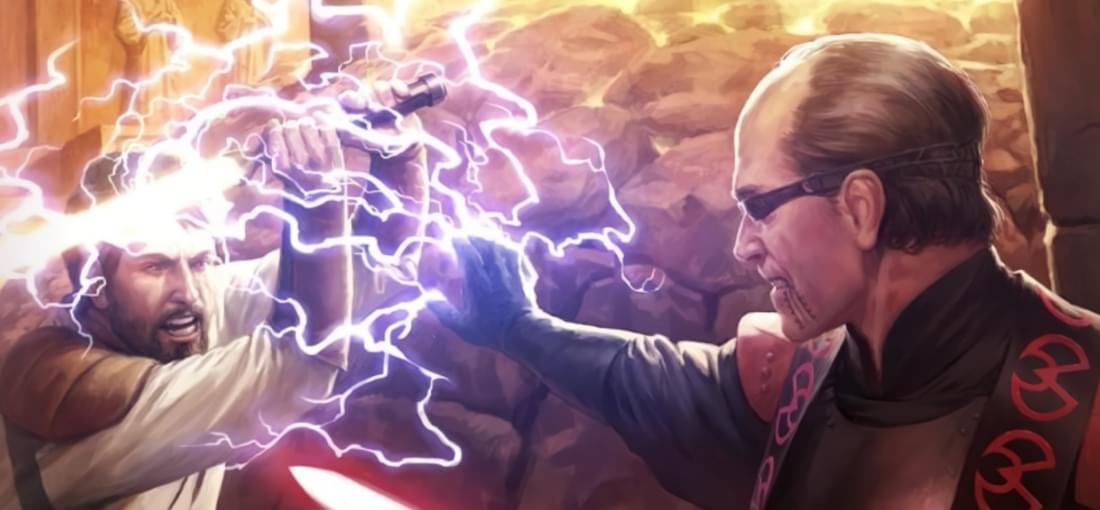
Jedi Knight: Dark Forces II still holds up pretty after over twenty years. Gameplay is alright for its age and level design is pretty good. Williams' music works so well with the track selections being top notch. This game was a hallmark for having live action cutscenes featering the first lightsaber duels since Return of the Jedi. The acting isn't great but it definitely has more passion and authenticity than anything Disney Star Wars comes up with these days. The story is a bit contrived and a few occasions, but again, it has more passion and authenticity than Disney's Star Wars. Mysteries of the Sith however is rather disappointing. The title is awfully misleading. It's more a collection of unrelated short stories, with the final one actually involving the Sith. Yeah, the Sith story is the most interesting with its atmosphere, but it's also unreasonably difficult, which emphasises the overall problem with the level design in the expansion. It doesn't have live action cutscenes like the main game, and most voice acting sounds awful. So in short: Dark Forces II is a classic. Mysteries of the Sith sadly is not.
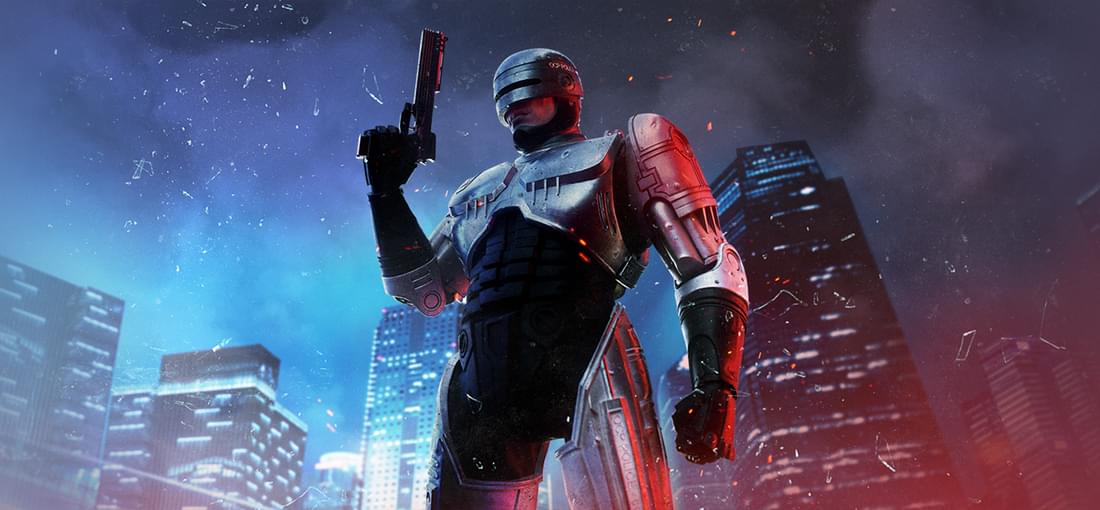
I'm not much of a RoboCop fan - only seen parts of RoboCop, seen RoboCop 2 only once - so take what I say with a grain of salt. This game really delivers when it comes to staying faithful to my experience with the series and '80s cinema in general. The cringy dialogue and acting, no nonsense action and gore combined with the satirical nature of RoboCop itself creates an experience with plenty of character. Story kinda dragged about two thirds in, but like I said I'm not a big RoboCop guy. Gameplay it feels like a mix of Deus Ex and Cyberpunk 2077; a shooter with some minor RPG elements. Nothing special, but it gets the job done. Performance is okay, even though it regularly freezes and crashed on me once.
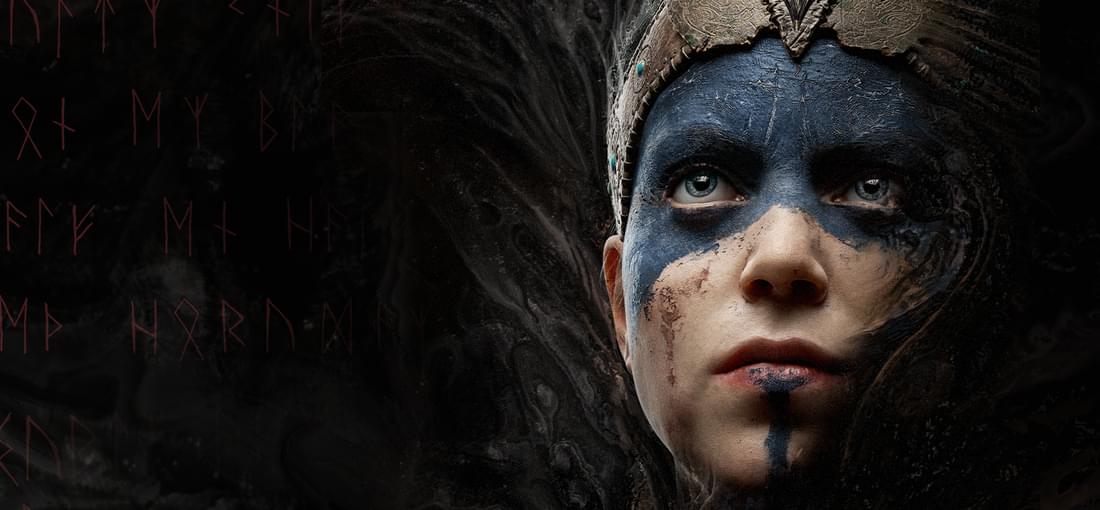
Gameplay wise it´s mostly a puzzle game with a fair share of combat. The puzzles weren´t difficult but have a lot of backtracking. The combat is functional, very limited, but fitting given the context. Technically, this game does some interesting things laying real life video to portray characters. The writing, the supposed big selling point, is somewhat disappointing given the praise it got. The concept is interesting, but I don't think it's well executed. I couldn´t connect to Senua; a dull character until she shows some growth at the end. I find the optional stories you can listen to at times more interesting. The developer makes a big deal about this game showing psychosis, but if they didn´t frontload this information it wouldn´t be hard to think, as I did, that all Senua´s episodes are just part of Hel´s trials and torments. The horror wasn´t really there, save one section in the mid game where I actually tensed up a bit. The use of the voices in her head to convey information to the player is interesting, though. All in all, it's fine. If it's on sale you'll get your money's worth if you're into slow moving psycho thriller puzzle games.
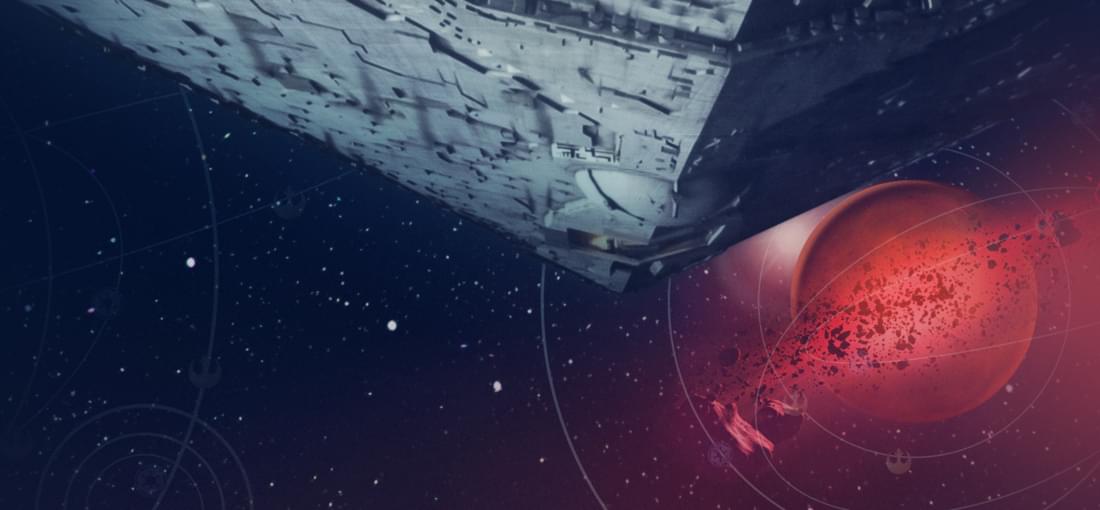
Star Wars has a lot of potential when it comes to 4X and it surprises me that this is not exploited. If you want a good 4X-game, there are plenty of options. If you want a Star Wars 4X game, there is literally no other option than Star Wars: Rebellion. Sure, you got Empire at War that has some 4X elements but it's pretty light weight. Early to midgame are fine, build up resources and expand territory. Late game is really dull because once one side starts rolling and harasses the opponent, that side quickly dominates the board. Technically it runs fine except the 3D battles. Odds are you're gonna need dgVoodoo to get the visuals correct.
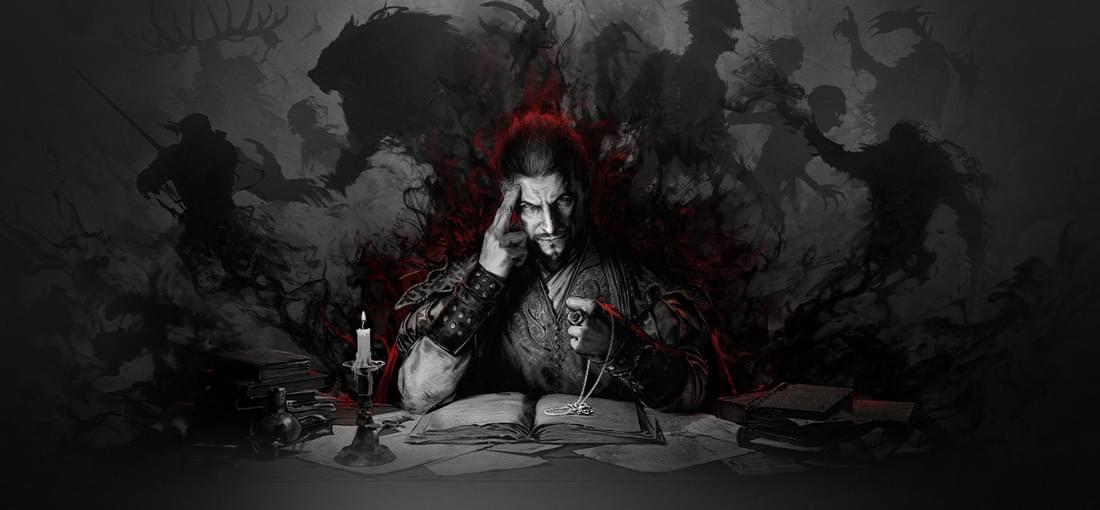
It's interesting to play in spare time, but I do feel sometimes it lacks ways to improve the deck. It made me feel like I was wasting my time because of this. Sometimes the AI makes suboptimal plays, but the challenge is definitely there. If you want something akin to Thronebreaker, Rogue Mage isn't it. It's a roguelike deck building game with a neglectful narrative. It's very hard to grind through to get those small chunks of narrative that barely transcend the story nodes you unlock in the Gwent Reward Book.
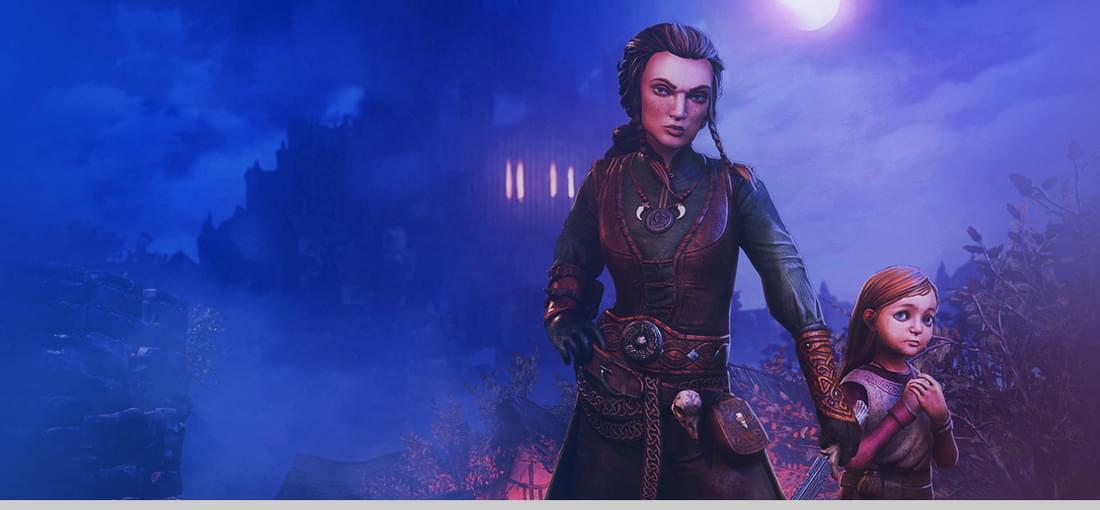
The goal is to escort a girl past a bunch of guards through stealth. The game has some interesting ideas with the controls, that are very similar to Superhot where time only flows once you move and you can rewind time to fix your mistakes. The crafting and use of equipment is nice, but only in the final levels did I feel I had to use them. As interesting as the game is, it wore off pretty soon. There's barely any variety in enemies. The AI that only notices you but not the girl you're escorting didn't help either, and the narrative is not an incentive to play as the veil of world building and between level dialogue of the protagonists is very thin. But if escort missions are your favourite thing, this might be the game for you.
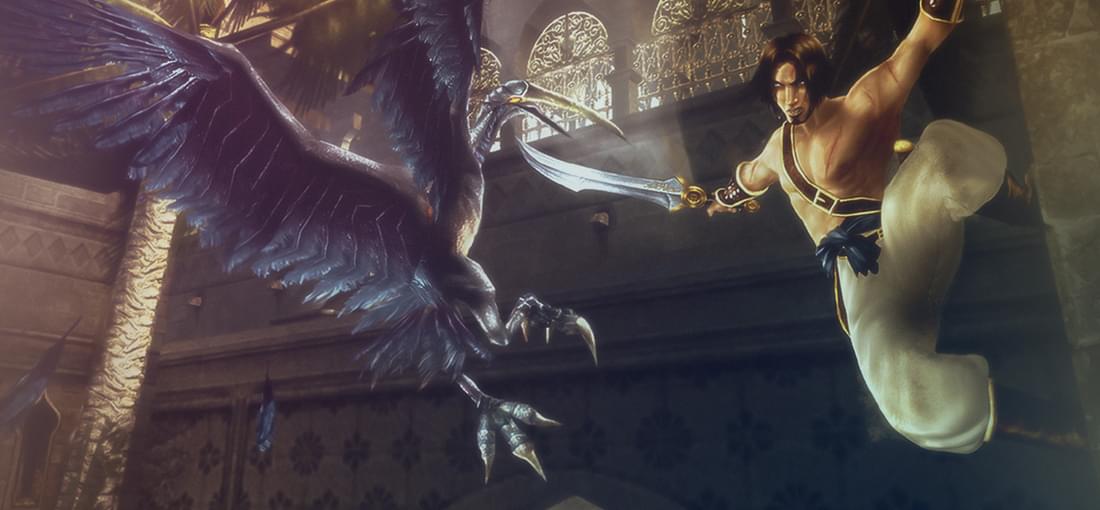
Not long after you start playing, you can see how this game is a stepping stone to what would be Patrice Désilets' other well-known games: the Assassin's Creed series. And even though its problems are different than those games, Prince of Persia: Sands of Time suffers at the same place: specifically its fighting system. The controls don't feel very precise, the continuous wave of enemies drag the pace down and once an enemy's got you stunned on the ground, you might've a hard time getting back up when there's a lot of them pounding on you. But once you get used to all these problems, combat will feel less like a drag and more like a enjoyable chore. But most of the game's enjoyment is found in its platforming and how it combines this with puzzles. It might not always be that obvious where you should be going or how you are supposed to get there, but once you actually get to your destination you can't help but feel satisfied. The game's unusual feature, allowing the player to rewind time, takes most of the frustration away when you fail another jump or when enemies throw you off a ledge to what usually would be certain death. At first I didn't see why lots of people spoke so highly of this game, but having played through it now, I think I see a glimpse of that spark that these people behold when they look at Prince of Persia: Sands of Time. Don't let the middle of the road combat or writing distract you from the awesome platforming that this game has to offer.